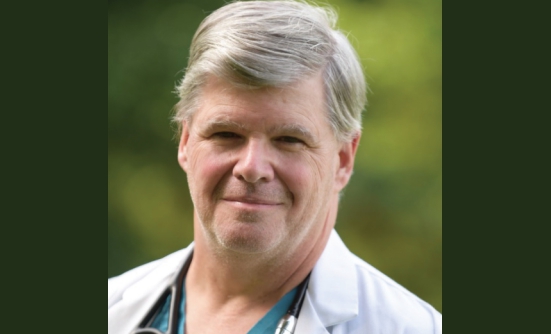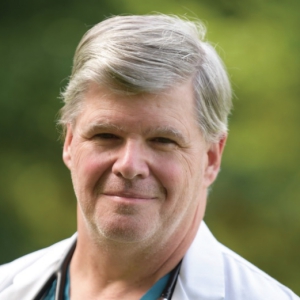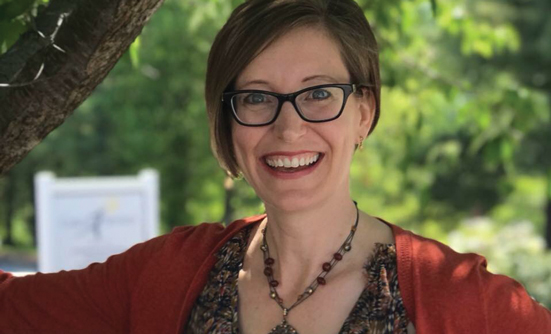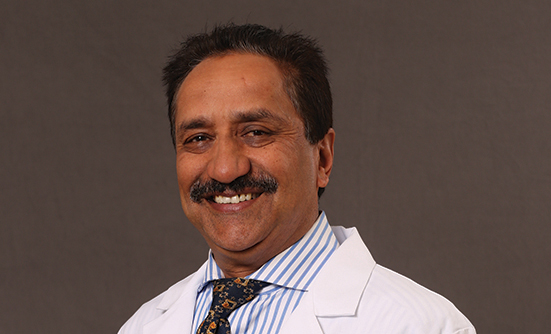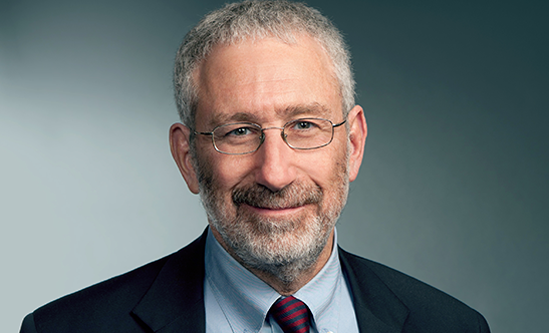A growing issue in medicine that can greatly affect your cancer care is the promotion of non-scientific practices as “medicine.” This article discusses the difference between traditional, science-based medicine practiced by doctors (MDs and DOs), as opposed to the self-avowed non-scientific “alternative medicine” practiced by homeopaths and naturopaths (NDs).
First, let’s examine what it takes to become a medical doctor, so we can understand why groups that claim to be equal in training are not so, and the dangers they pose to patients.
Traditional Medicine: What Makes a Physician?
When I say I am a physician, it means that I completed 4 years of undergraduate studies, followed by an 8-hour medical college admissions test, which is required to get into medical school. I was accepted into medical school, spending 4 years learning medicine; the acceptance rate for my class was less than 2%. Remember this rate.
The first 2 years in medical school included thousands of hours of book-learning, classes, and labs. The last 2 years involved thousands of hours taking care of patients. Then I took 2 exams (the United States Medical Licensing Exam), each lasting 8 hours, and after each specialty rotation, I took an exam on that specialty. After getting my medical license, I became a doctor.
Next, I did my 3-year “residency” in my specialty, which is emergency medicine; depending on the specialization needed, this can last more than a decade. During that period, I had to take another 8-hour licensing exam, as well as yearly tests to show my progress.
At the end of this long process, a physician has accrued between 16,000 and 20,000 hours of patient care, multiple assessments that include national tests and preceptor evaluations, countless hours in front of books, gray hair (if any is left), and most often a student loan the size of a house mortgage. The process of becoming a physician takes a minimum of 11 years of education.
Having done all this, we then move to board certification, which includes another set of exams in the specialty, an 8-hour written exam, and then a daylong oral exam. After that, you are a certified doctor. I have to do continuing medical education and recertify regularly. Cancer doctors do an additional 3 years of “fellowship” training to specialize in oncology.
I explained all this so you can understand what it takes to become a physician in traditional medicine. Our knowledge comes from science. The training is demanding and long, but when it’s done, physicians know how the human body works, why it breaks, and how to fix it in most cases.
Alternative Medicine: Naturopaths
Remember that the acceptance rate for my class was less than 2%? Overall, medical school acceptance rate was about 5%; some people who did not get into my school got into another.
By contrast, the acceptance rate at naturopathic medicine schools, which are focused on alternative medicine or “natural” remedies, ranges from 56% to an astonishing 100% (meaning anyone who applies is accepted), with an average of 75% acceptance rate. Naturopaths have an optional (not mandatory) residency of 1 to 3 years. I could not find data on how many people do this. Naturopaths are quick to assert superiority by pointing out that homeopaths don’t require any degree at all.
A legal defense team for a naturopath recently argued that a naturopath is “not bound” by scientific principles as traditional medicine is.1 Why did he need such a defense? In June 2022, the CBC News reported that a Canadian naturopath, Jason Klop, ND, had concocted an approach to treating autism with fecal matter transplants.1 Yes, it’s what it sounds like! Klop is selling that treatment for $15,000 to desperate parents looking for any cure for their autistic child. Klop’s nephew “produced” the material and packaged it in his basement. To administer the treatment, Klop had to leave Canada for a clinic in Rosarito, Mexico. At his trial, Klop’s lawyers argued that naturopaths are “not bound by science.”1
Klop is also claiming that fecal matter transplant can treat multiple sclerosis and Parkinson disease.1 I try to keep an open mind, as a scientist should, but if you’re flying your patients to a country known for its lax scientific and ethical standards to administer a $5-a-day treatment for $15,000, my mind isn’t that open anymore.
This is just one example of the absurdity of alternative medical practices. Another example is described by Britt Hermes. She got certified (got her ND) and then practiced for a while as a naturopath.2 After a few years in practice, she started to see the fallacies of the care she was giving. When she looked more closely, she found out that she was peddling, in her own words, “very convincing snake oil.”2
She abandoned naturopathy and has been a crusader against naturopaths, saying, “They want to be able to do everything an MD wants to do—but they also want to practice essentially witchcraft.”2 She moved on to obtain a real scientific degree (Masters of Science).
Some alternative medicine practices are harmless, and some are quite deadly. In my book, Crushing Cancer: A Patient’s Complete Guide to Managing a Cancer Diagnosis, I discuss the case of Apple founder Steve Jobs, who was diagnosed with a treatable type of neuroendocrine pancreatic cancer. He declined to have the necessary surgery, opting instead for “natural” remedies, including juicing, acupuncture, and meditation. Walter Isaacson, Jobs’ biographer, has said that by the time Jobs realized his mistake, it was too late.3 He died at age 56.
Alternative Medicine: Naturopathic versus Homeopathic Medicine
Before explaining how naturopathic and homeopathic therapies are different, you should know how they are alike: there is no legitimate scientific research that backs up these therapies.
One of our emergency department nurses got on to me, because I didn’t embrace alternative medicines, although I am generally known as an open-minded doctor regarding patient care options. When I gave my standard response, “Show me the research,” he countered that the big pharmaceuticals had the money, and alternative medicine did not. So I did some research.
The alternative medicine market is reported as a billions-of-dollars-a-year industry.4 They have the money, so why would they not prove their claims with research? The answer is simple: would you conduct research if you knew in advance that you could not prove your claims?
Another important point is that practitioners of naturopathic medicine state that they use “natural methods and substances” to heal the body. Traditional medicine has no issue with “natural” remedies, but it is necessary to prove through scientific research that they indeed work, and that they are safe.
For example, aspirin (salicylic acid) is derived from the bark of a willow tree (a “natural substance”) and traditional medicine doctors prescribe it very frequently. Another example is cannabis, which has finally overcome much of societal bias to become an increasing tool used in traditional medicine, including cancer, especially for pain relief and appetite promotion. And caffeine infusions are used in premature babies daily.
Homeopathic Medicine
Naturopaths assert on their website that homeopathic medicine is a tool that naturopaths use. Said another way, homeopathic is a subset of naturopathic medicine.5
Homeopaths have the same “natural” approach, based on the idea that “like cures like,” but they use very tiny amounts of a chemical or medicine, diluted many times.
This brings us to the core belief of homeopathic medicine—“dynamization” or “potentization.” The idea behind this is that the more dilute something is, the more strength it gains. So imagine that after a long day you ask the bartender to pour you a stiff one. They give you a shot (1 ounce) of whiskey. You sip it: “Not strong enough,” you say. So they pour 99 more ounces of water into your (very large) shot glass. You can see where I’m going with this. When you see the letter “C” on a homeopathic medicine, as in 30C, that means your bartender did that 30 times; 60C means they did it 60 times, and so on.
It is telling that if you search “homeopathic medicine” websites, at the bottom of every page of the product they want to sell you, you’ll find one or several statements like this:
- “Claims based on traditional homeopathic practice, not accepted medical evidence.”
- “Not FDA evaluated.”
- “These statements have not been evaluated by the Food and Drug Administration.”
- “This product is not intended to diagnose, treat, or prevent any disease.”
Homeopathy was conceived by Samuel Hahnemann in 1796. Would you rather use twenty-first-century or seventeenth-century science?
Conclusion
Naturopathic and homeopathic practices are by definition and declaration, unscientific. In alternative medicine, practitioners can claim that anything is a cure for anything that ails you. There is always an excuse when they fail, such as, “If only you had come to us sooner.” If they’re never going to deliver on their promise of a cure, then they can promise the world to people.
Traditional medicine can only promise reality, and sometimes that reality is harsh. Some stages of disease are beyond our capacity to cure, at least for now, and an honest provider will tell you this. This is the great handicap of traditional medicine: we only have the truth to offer, and sometimes some people want the comfort of a lie.
There is no shortage of people willing to sell you that.
References
- Lindsay B. Naturopaths ‘not bound by science,’ lawyer argues in B.C. hearing on fecal transplants for autism. CBC News. June 29, 2022. www.cbc.ca/news/canada/british-columbia/bc-naturopath-fecal-transplants-jason-klop-court-hearing-1.6504615.
- Thielking M. ‘Essentially witchcraft’: A former naturopath takes on her colleagues. October 20, 2016. https://yhoo.it/3ffXBS5.
- Isaacson W. Steve Jobs. New York, NY: Simon & Schuster; 2011.
- Matej M. Alternative Medicine Industry in the U.S from 2011 to 2021. September 5, 2022. www.statista.com/statistics/203972/alternative-medicine-revenue-growth/.
- American Association of Naturopathic Physicians. About us. https://naturopathic.org/page/AboutUs.





